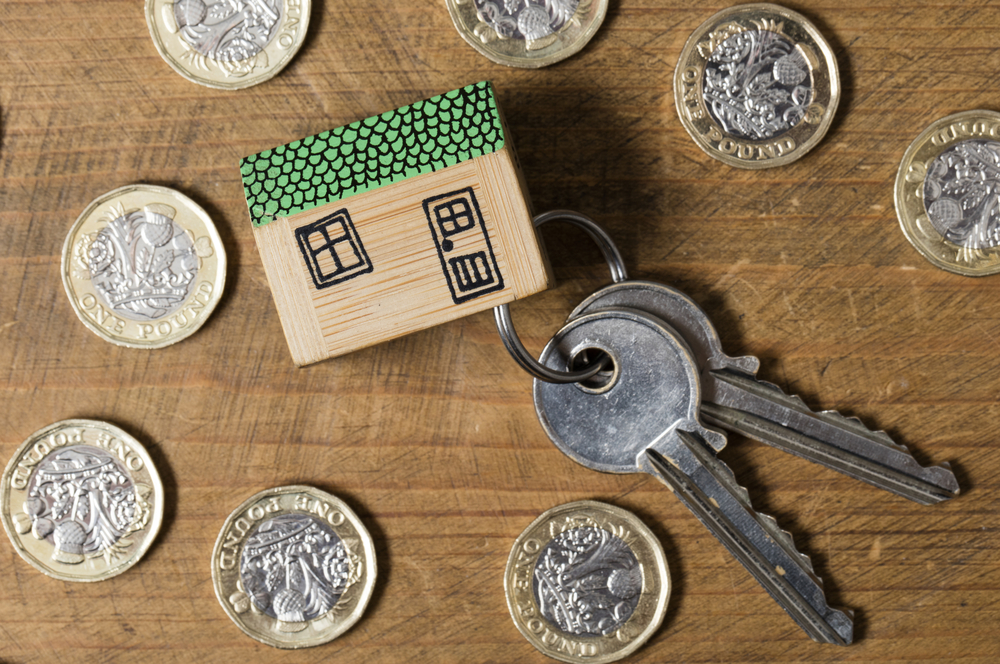What are the risks of investing in property?
Chris Broome – Chartered Financial Planner
For multiple decades property was always seen as a safe and reliable investment, such that some of those in their 50’s/60’s+ built up substantial property portfolios.
However, in 2023, do the benefits of owning property in your investment portfolio outweigh the negatives?
Investing in property, like any other type of investment, comes with its own set of risks.
In today’s article we cover off some of the risks you need to be aware of.
1. Market risk
The value of property can fluctuate based on a number of factors such as changes in interest rates, economic conditions, and supply and demand.
A downturn in the housing market can result in a decrease in property values, which can lead to a loss of investment.
2. Liquidity risk
Real estate is considered to be an illiquid asset, which means it can be difficult to convert it into cash quickly.
This can make it difficult to access your money when you need it.
3. Management risk
If you choose to rent out a property, there is a risk that the tenant may not pay rent on time or may cause damage to the property.
This risk can be mitigated by using a property management company, but it can also come with additional costs.
4. Maintenance and repair risk
Properties require regular maintenance and repairs, which can be costly. The unexpected cost of repairs can eat into potential profits.
5. Interest rate risk
Interest rates can have a significant impact on property values.
When interest rates rise, it can make it more expensive to borrow money to buy a property, which can decrease demand and decrease property values.
6. Legal and regulatory risk
Property laws and regulations can change, which can affect the value of a property and the ability to rent or sell it.
7. Natural disaster risk
Properties can be affected by natural disasters such as floods, hurricanes, earthquakes, etc.
These events can cause significant damage to a property, which can lead to a loss of investment.
In summary
Owning physical property in your investment portfolio carries with it more risks than some realise.
We’d always recommend speaking with an independent financial planner before you make any decision.
A trusted financial planner can provide you with a better understanding as to how such an investment strategy could support your short, medium and long-term plans.
Next steps
If you have any questions about any of the above, or wish to discuss your long-term financial plans with us, please get in touch. Contact us
Please note: This blog is for general information only and does not constitute advice. The information is aimed at retail clients only.
Your home may be repossessed if you do not keep up repayments on a mortgage or other loans secured on it.




